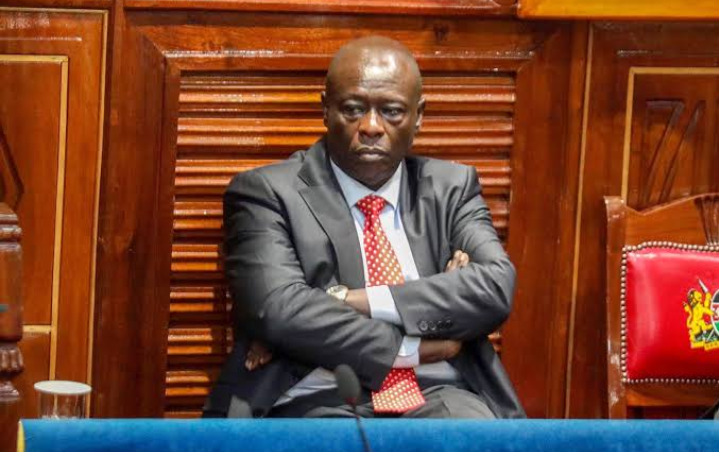The claim that almost 90% of senior management staff in Rigathi Gachagua’s office were people from Mathira, Mt. Kenya points to a big issue during his tenure as Kenya’s Deputy President.
This raised widespread criticism for fostering ethnic favoritism and nepotism. Several sources confirm that a large portion of his senior staff, some say over 80%, hailed from his home region, fueling allegations of tribalism and regional bias.
During Gachagua’s time in office, this trend became increasingly controversial, with many accusing him of prioritizing loyalty to his community over a merit-based or inclusive approach to governance.
Critics pointed out that such practices undermined national unity, with leaders using regional loyalty as a political tool, further raising ethnic tensions within the country.
The issue of regional bias in public office appointments has long plagued Kenyan politics, where top positions are often filled based on ethnicity rather than qualifications.
Gachagua’s choices reflected this broader challenge, leading to public outcry and calls for reform.
The appointment of individuals from his home region in such high numbers was seen by many as perpetuating a “primitive” system of tribal favoritism, which has historically weakened efforts to build a more cohesive national administration.
With Gachagua’s impeachment and removal from office, the expectation now falls on his successor, Interior Cabinet Secretary Prof. Kithure Kindiki, to usher in a new era.
Many Kenyans hope that Kindiki, with his reputation for professionalism and a more global perspective, will distance himself from this practice.
He is viewed as someone who might steer away from regional favoritism, making public appointments based on merit rather than ethnic allegiances.
His appointment is seen as an opportunity to correct the perceived wrongs of Gachagua’s administration and foster a more inclusive government.
As Kenya approaches future elections, Kindiki’s leadership will be watched closely to see if he can break away from the divisive ethnic politics that have shaped much of the country’s recent history.
The hope is that his tenure will symbolize a more unified approach to governance, addressing the long-standing issue of regional and ethnic imbalance in public office appointments.





















Add Comment